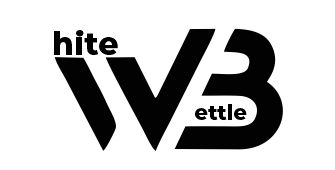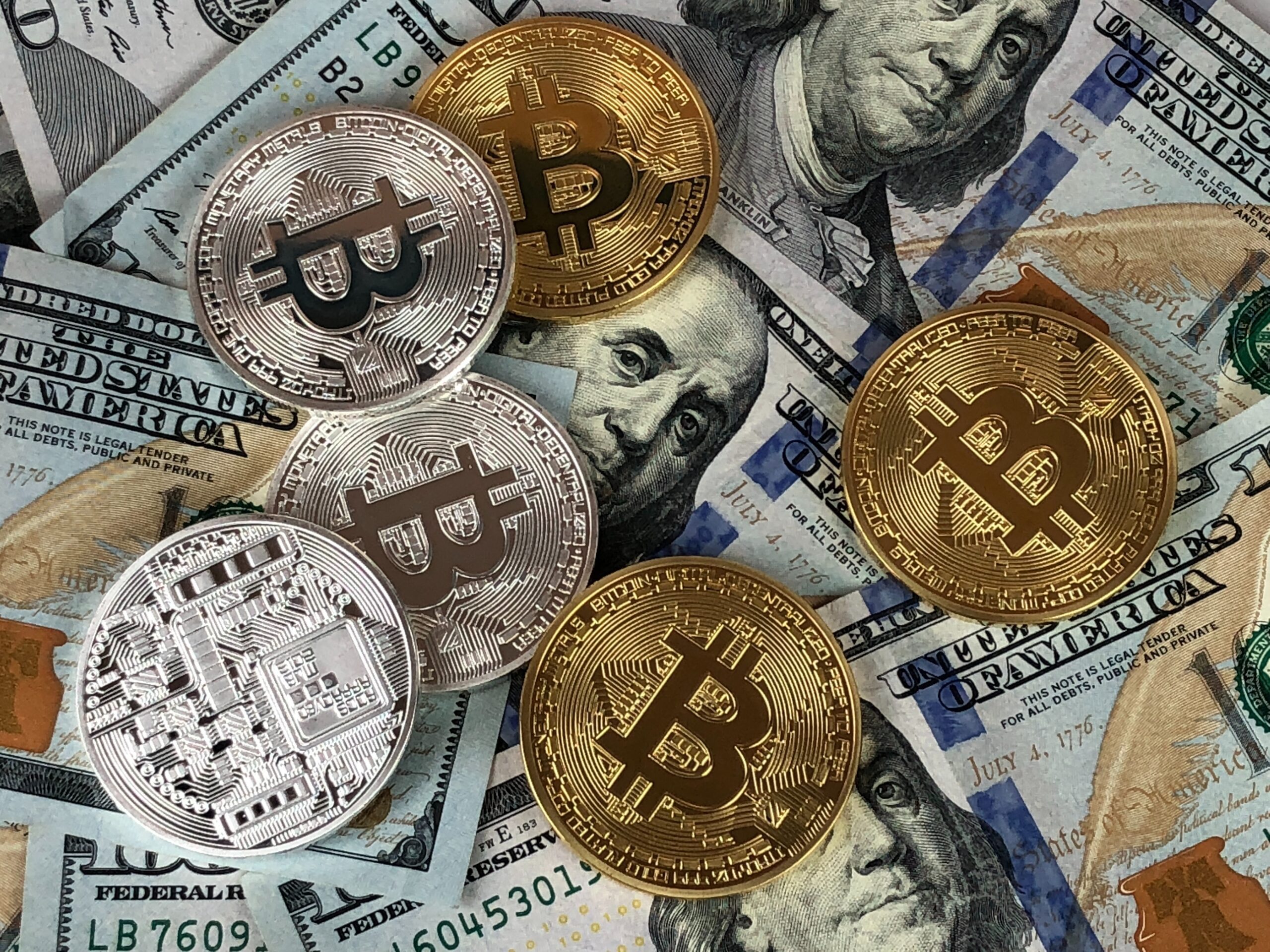Cryptocurrency
Nigerian Government Enacts Law Recognizing Bitcoin as a Security
Published
10 months agoon

Forbes Digital Assets
Nigerian Government Enacts Law Recognizing Bitcoin as a Security
By Abubakar Nur Khalil, Contributor — Nigerian Bitcoiner, CEO of Recursive Capital, and Btrust
Published: Apr 30, 2025, 09:42 PM WAT
Last month, President Tinubu signed the Investment and Securities Act (ISA) 2025 into law, formally recognizing Bitcoin and other digital assets as securities in Nigeria.
Despite consistently ranking among the global leaders in Bitcoin adoption and P2P transaction volumes—as noted by Chainalysis—Nigeria has, until now, lacked formal legislation acknowledging or regulating digital assets like Bitcoin.
This development marks the first official recognition of Bitcoin by Nigerian regulators, categorizing it as a security—though some may argue this classification is misplaced.
Nonetheless, the new law introduces long-anticipated regulatory clarity for Nigeria’s digital asset ecosystem, setting the stage for increased innovation, investment, and sector-wide legitimacy.
The Investment and Securities Act (ISA) 2025
On March 29, the Nigerian government enacted the Investment and Securities Act (ISA) 2025 as part of a broader initiative to reform its capital markets.
The Act repeals the 2007 Investment and Securities Act No. 29, thereby updating the legal framework that governs the Nigerian Securities and Exchange Commission (SEC). It aims to reflect present economic conditions, address longstanding regulatory gaps, and enable the SEC to more effectively regulate the Nigerian capital markets.
Dr. Emomotimi Agama, Director-General of the Nigerian SEC, emphasized the law’s importance, stating:
> “By addressing regulatory gaps and introducing forward-looking provisions, the new Act empowers the SEC to foster innovation, protect investors more efficiently, and reposition Nigeria as a competitive destination for local and foreign investments.”
Overview of the Act
The revised legislation now officially defines digital assets as securities in Nigeria. This means the Nigerian SEC will oversee exchanges and businesses operating in the digital asset space.
The new Act also expands the SEC’s powers, mandates increased transparency, strengthens investor protection, and takes aggressive steps to curb Ponzi schemes and other fraudulent activities. Furthermore, it aligns Nigeria’s regulations with global best practices, including those of the International Organization of Securities Commissions (IOSCO), helping the SEC retain its “Signatory A” status under IOSCO’s Enhanced Multilateral Memorandum of Understanding (EMMoU).
Key Provisions of the Act
Under ISA 2025, all virtual assets and investment contracts are legally classified as securities. As a result, Virtual Asset Service Providers (VASPs), Digital Asset Operators (DAOPs), and Digital Asset Exchanges (DAEs) must now operate under the direct oversight of the Nigerian SEC.
This shift is intended to boost investor protection and prevent abuse and manipulation by bad actors in the rapidly growing digital assets space.
Additionally, fraudulent investment schemes face strict penalties:
A minimum fine of N20 million (approx. $12,430)
Prison sentences of up to 10 years
Or both penalties combined
The SEC is also authorized to work with telecom and internet service providers to monitor and investigate market manipulation and insider trading.
What the New Regulation Means for Bitcoin in Nigeria
With Bitcoin now officially recognized and governed within a clearer regulatory framework, businesses in Nigeria can confidently develop new financial products and services. The Act provides additional legal recourse for investors while reinforcing protections against fraudulent behavior in the sector.
For Bitcoin entrepreneurs, this change is significant—though opinions remain divided over the classification of Bitcoin as a security.
Onionsman, CEO of the FX and crypto aggregator Monierate, remarked:
> “By imposing requirements that favor financial strength, the Act creates significant barriers to entry for less-capitalized builders and service providers.”
He cautioned that this may concentrate market power in the hands of a few large players, undermining the “permissionless innovation” that has long defined the Bitcoin space.
Moreover, Bitcoin’s decentralized nature and lack of a central issuer make it difficult to group under the same regulatory umbrella as other digital assets.
Challenges Ahead for Bitcoin Startups
Bitcoin-focused companies now face a complex transition as they move toward formal compliance. They must secure appropriate licensing from the Nigerian SEC, revise internal processes, and implement robust KYC/AML and compliance protocols.
High compliance costs and administrative burdens could pose challenges, especially for startups and small businesses in the space. Navigating these requirements will take time and effort as the regulatory landscape evolves.
Heritage Falodun, Co-Founder and Product Lead at Bitcoin remittance platform Cashwyre, shared:
> “We’re transitioning from building cautiously to building officially. While this may require internal restructuring, it’s a necessary price for long-term sustainability.”
Future Prospects for Bitcoin Companies in Nigeria
For experienced founders like Bernard Parah, CEO of Bitnob, the new Act represents a foundation for further collaboration with regulators. In a recent interview, he said:
> “It’s good that there’s clearer regulation. Now that this is done, it’s easier to work on specific amendments as the industry matures.”
Going forward, the growth of Nigeria’s Bitcoin sector will depend on continuous dialogue with regulators and the implementation of rules that differentiate Bitcoin from other digital assets. Clearer distinctions can help reduce fraud and misinformation while enabling the ecosystem to flourish.
As Heritage aptly put it:
> “These are necessary growing pains if we’re truly committed to transforming how Africans send and receive value globally.”
Nigeria is now entering a new era for Bitcoin, with both the asset and its underlying industry formally recognized under law.
To continue getting job scholarships empowerment updates click on the WhatsApp group and Channel links below to join now
Josh The Blogger is a Professional Website Developer, computer Scientist., blogger, SEO/SEM Who is passionate about helping you to achieve making money online, financial goals through education and with powerful tools, and much more


















